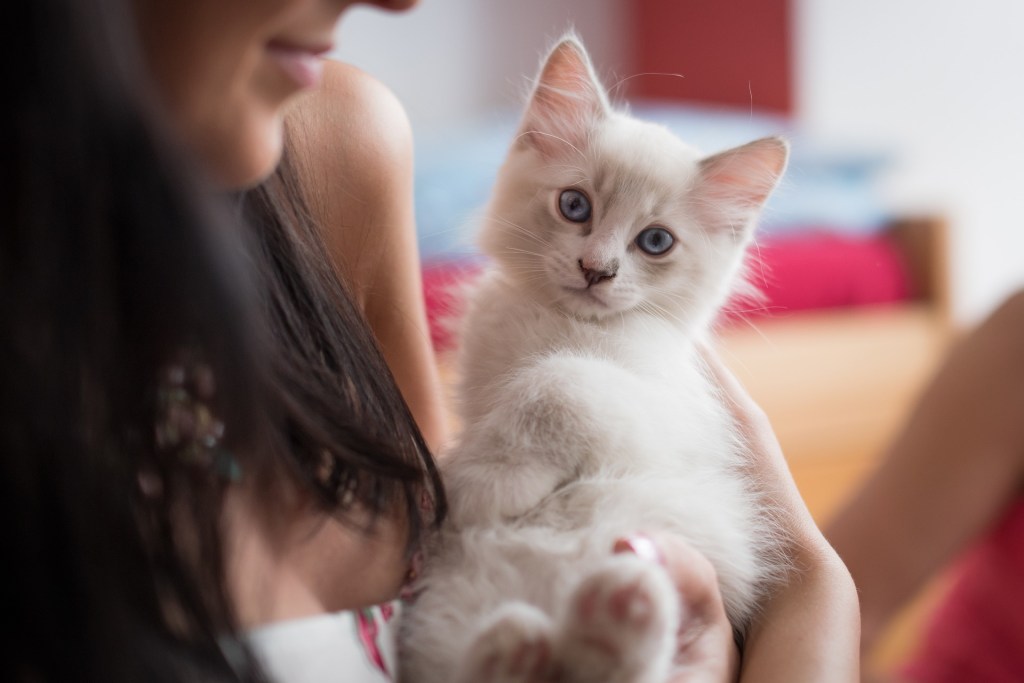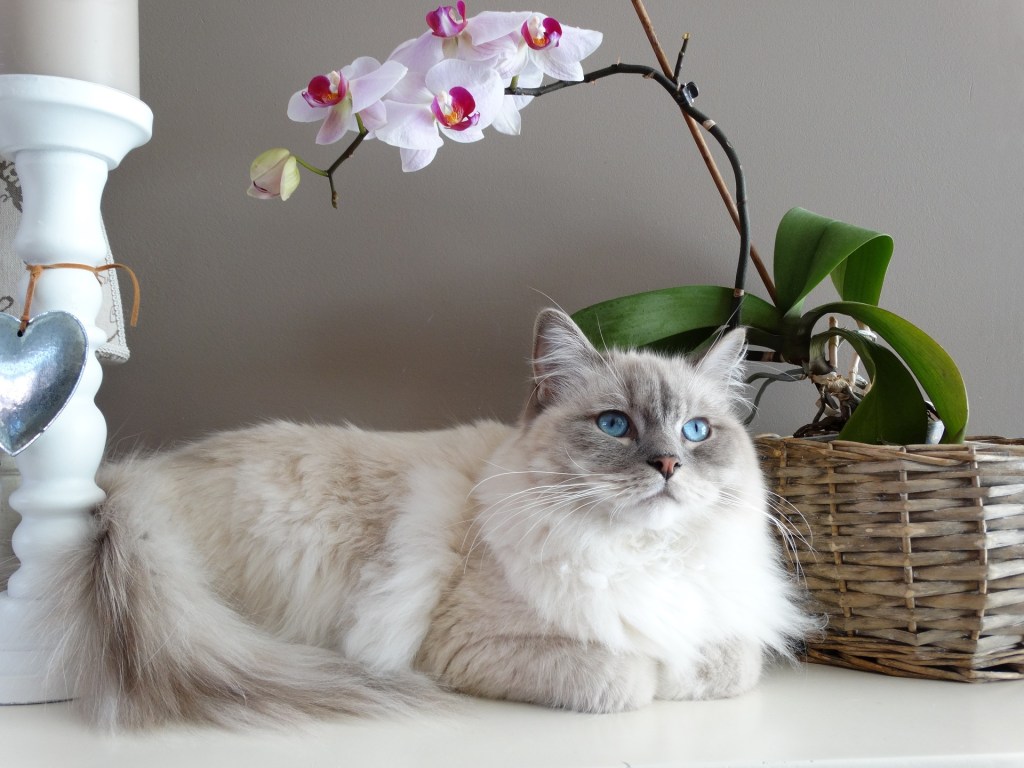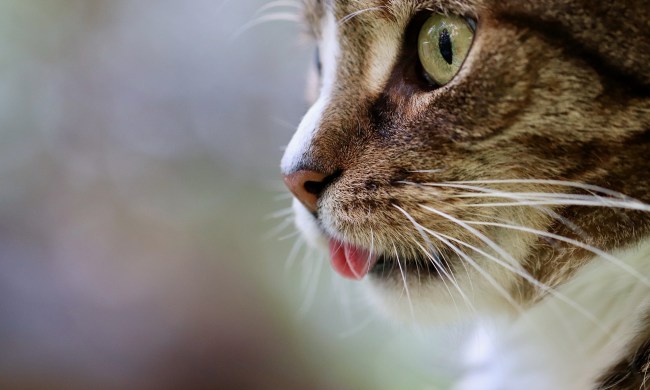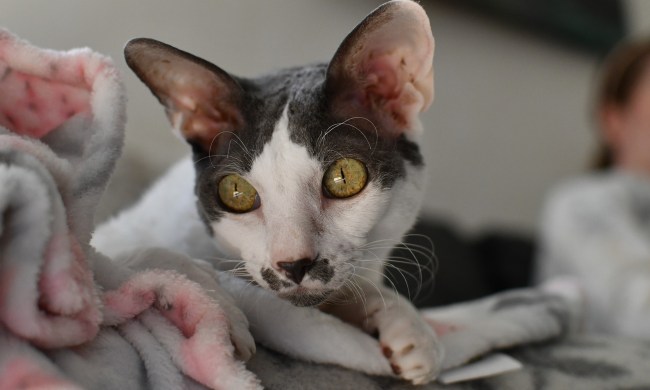Have you ever had a cat so happy to be held that it just flopped and went limp in your arms? Then you probably haven’t ever picked up a Ragdoll. Ragdoll cats are an extremely friendly, very laid-back breed, and they’re a whole lot of fun, as a result.
If you’re looking for a cat who’s cuddly, who adores your whole family, and who isn’t really one to run and hide, then you might want to consider getting a Ragdoll. Once you get to know these cats, it’s easy to see why this breed is so popular and why so many people view them as being the perfect family cat.

Are Ragdoll cats very friendly?
Ragdolls are laid-back
Ragdoll cats are large cats who love affection so much that they go limp in your arms when you pick them up. In fact, that’s why the breed has its unusual name; it often feels like you’re holding a rag doll when these cats are relaxed and happy. Known for their good nature and laid-back attitudes, these cats tend to become the entire family’s best friend, and they’ll often tolerate playtime sessions with kids that other cats wouldn’t put up with.
Ragdolls get along well with others
Ragdolls also often get along with dogs and other pets, and some can learn to walk on a leash. Their confident nature makes them good travel companions, and Ragdolls often love to be wherever their family is.
These cats are so friendly that they tend to seek out spots where they can be by you, even if it means lying on the sofa or floor. While other cat breeds prefer perches that are higher up, Ragdolls are more laid-back and would rather spend time with you. They often follow people around the house, and sometimes they act more like dogs than like cats.
Ragdolls love together time with their pet parents
While Ragdolls spend plenty of time hanging out with you, they’re also playful and will often be up for a good play session. You can also bond with your cat by grooming them, which is important because of this breed’s medium-length coat. Plan to groom the Ragdoll at least twice a week to keep mats from forming in their fur.
Are Ragdoll cats bigger than normal cats?
So how big do Ragdoll cats get? According to VetStreet, the male can weigh up to 20 pounds, while a female can weigh between 10 and 15 pounds. Females are about the size of your average cat, while male Ragdolls are larger than most other cat breeds.
How long does it take for a Ragdoll cat to grow to full size?
Catipilla explains that Ragdoll cats grow gradually, and they can act like kittens for years. Your typical cat has done most of its growing by the time that it’s one, but Ragdolls experience short growth spurts that last until they reach about four years of age.
Which is bigger: Ragdoll or Maine Coon?
VetStreet notes that Ragdolls can weigh 10 to 20 pounds, while Maine Coons can weigh 9 to 18 pounds. The cat breeds are just about the same size, though there are sure to be individual cats who vary from these average sizes.

Bringing home a Ragdoll cat
If you have your heart set on a Ragdoll cat, you may have to be patient if you’re looking to adopt. These cats are so popular that they only come through shelters occasionally, and you’ll need to act quickly or the cat is likely to be adopted out. Consider networking with Ragdoll rescues and groups to see if you can find a cat who is in need of a new home. Some breeders may also retire their breeding stock and offer the cats up to new homes for a low fee.
The Ragdoll cat is a fascinating and unique breed with a temperament that you won’t find in many other cats. Whether you’re looking for your first cat or need a cat who will get along well with your kids and your dog, chances are you’ll find just that in a Ragdoll. Before you adopt any cat, it’s important to do plenty of research into the breed and make sure that you’re prepared for its health and care needs. While most Ragdolls are easygoing and super social, remember that there are always exceptions. Spend time getting to know the individual cat that you’re considering so you’ll be certain that the cat is the right fit for your family.


